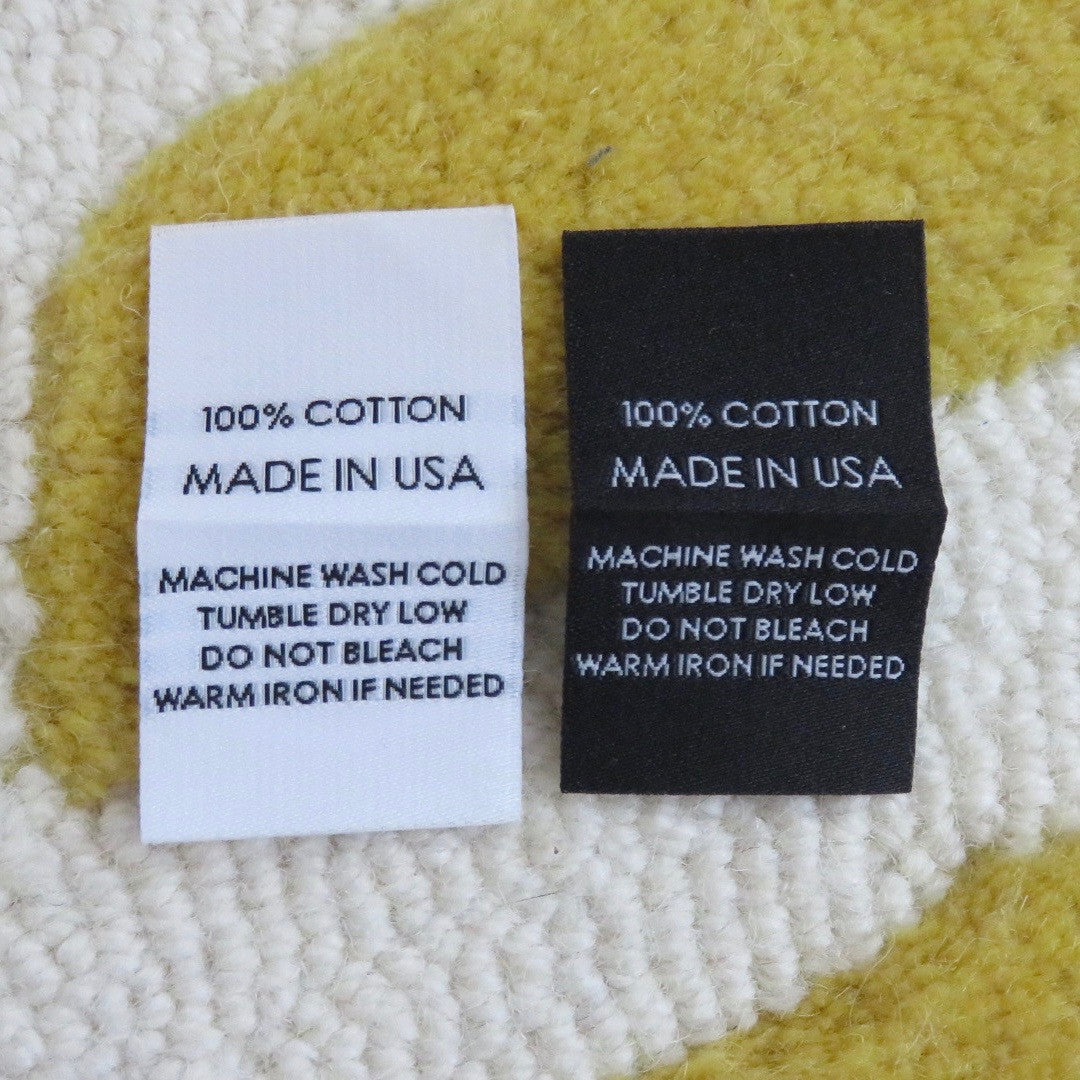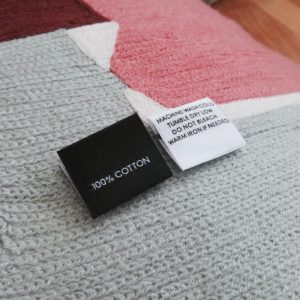
In the world of textiles, cotton has long been hailed as the king of fabrics. Its softness, breathability, and versatility make it a popular choice for clothing, bedding, and various other products. However, not all cotton is created equal. This article aims to shed light on the key differences between 100% cotton and 100% organic cotton, providing valuable insights for consumers seeking sustainable and high-quality options.
- Composition and Cultivation:
100% Cotton: Regular cotton is derived from the cotton plant, scientifically known as Gossypium. It undergoes a conventional cultivation process that involves the use of synthetic fertilizers, pesticides, and genetically modified organisms (GMOs). While it is a natural fiber, the cultivation methods may have environmental and health implications.
100% Organic Cotton: On the other hand, organic cotton is cultivated using organic farming practices. It is grown from non-GMO seeds and without the use of synthetic chemicals. Organic farmers employ techniques such as crop rotation, natural pest control, and composting to maintain soil fertility and minimize environmental impact.
- Environmental Impact:
100% Cotton: Conventional cotton farming is notorious for its environmental footprint. The heavy use of pesticides and fertilizers can contaminate soil and water sources, harming ecosystems and wildlife. Additionally, the cultivation process consumes significant amounts of water, contributing to water scarcity in certain regions.
100% Organic Cotton: Organic cotton cultivation prioritizes sustainability and environmental stewardship. By avoiding synthetic chemicals, it reduces soil and water pollution, protects biodiversity, and promotes healthier ecosystems. Furthermore, organic farming practices often employ water-conservation methods, such as rainwater harvesting and efficient irrigation techniques.
- Health Considerations:
100% Cotton: While cotton is generally considered safe for human use, the presence of pesticide residues in conventional cotton products raises concerns. These residues can potentially irritate the skin and may have adverse health effects, particularly for individuals with chemical sensitivities or allergies.
100% Organic Cotton: Organic cotton offers a safer alternative, as it is free from pesticide residues. This makes it hypoallergenic and less likely to cause skin irritations or allergic reactions. For individuals with sensitive skin or those seeking a chemical-free lifestyle, organic cotton provides peace of mind.
- Social Impact:
100% Cotton: The conventional cotton industry has faced criticism for its labor practices, including poor working conditions and low wages for farmers and laborers. Moreover, the use of GMO seeds has led to concerns regarding farmers' dependence on seed companies.
100% Organic Cotton: Organic cotton production often adheres to fair trade principles, ensuring that farmers receive fair compensation and work under safe conditions. By supporting organic cotton, consumers can contribute to the improvement of livelihoods in farming communities and promote social justice.
Conclusion:
In summary, the distinction between 100% cotton and 100% organic cotton lies in their cultivation methods, environmental impact, health considerations, and social implications. While conventional cotton may be more readily available and less expensive, organic cotton offers a sustainable and healthier choice. By opting for organic cotton products, consumers can support a more eco-friendly and socially responsible textile industry, while enjoying the comfort and quality that cotton has to offer.


